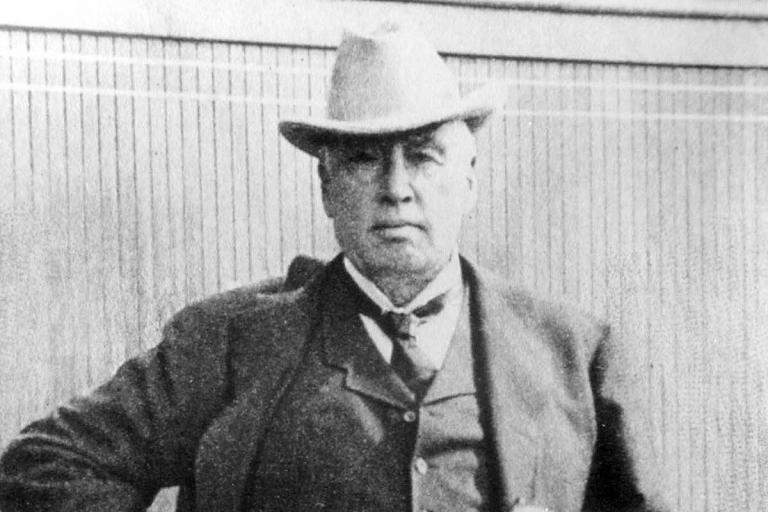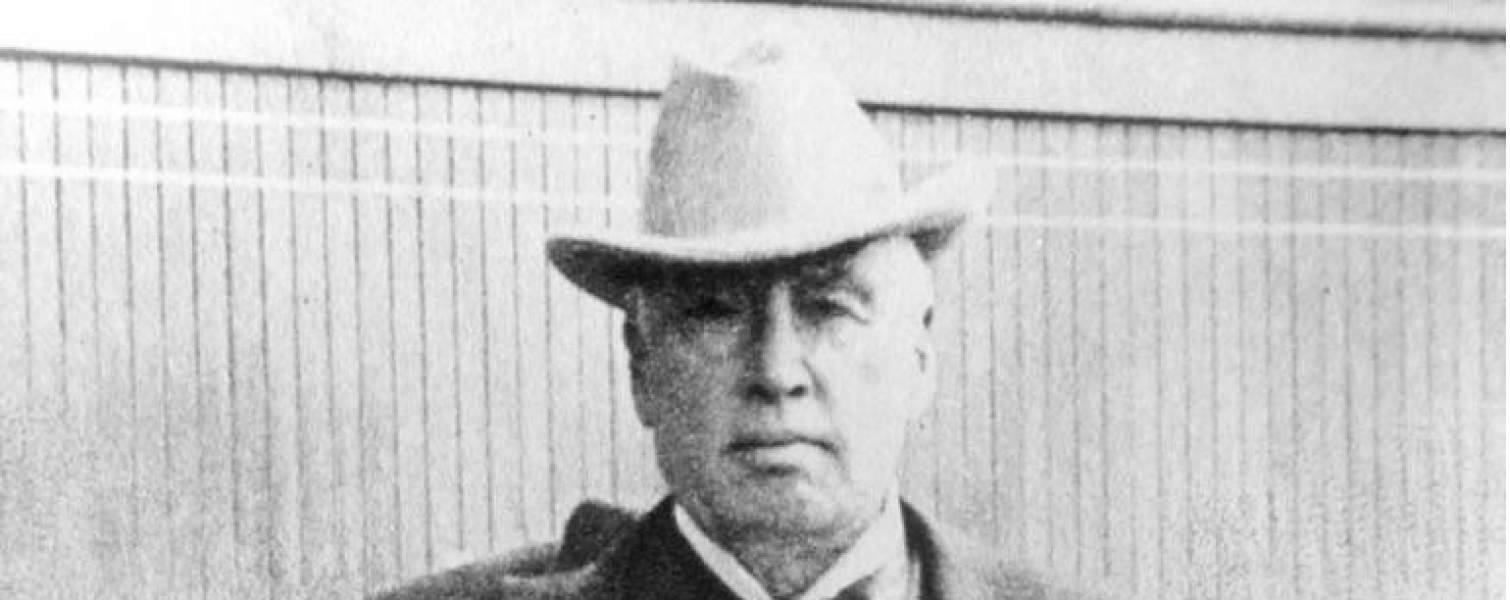The restoration of the historical research tool, the Ingersoll Online Chronology, has enabled fourteen Freethought Trail pages to be created or greatly expanded. This added content means that the Freethought Trail website now covers every venue where freethought orator Robert Green Ingersoll was known to lodge or speak while visiting west-central New York State. The sites where some thirty lectures were given have been located and interpreted historically.
The added (or expanded) pages include:
Auburn: Academy of Music. Ingersoll delivered two lectures here.
Corning: Corning Opera House.
Hornell: Shattuck Opera House. Ingersoll delivered three lectures here, including one as the keynote of a national freethought convention.
Norwich: Breese Opera House.
Oswego: Academy of Music.
Rochester (3 Venues):
Corinthian Hall. Ingersoll delivered three lectures here.
Lyceum Theater. Ingersoll delivered no fewer than five lectures here.
Powers Hotel. Ingersoll lodged here on two known occasions while visiting Rochester to lecture.
Rome: Sink's Opera House.
Syracuse (4 Venues):
Bastable Theater. Ingersoll delivered two lectures here.
Wieting House. Ingersoll delivered five lectures here.
Utica: Utica Opera House. Ingersoll delivered five lectures here.
"Barring the discovery of additional lecture events, the Freethought Trail's coverage of Robert Ingersoll's activities in west-central New York State is complete," said Trail director Tom Flynn. "This is the fruit of unprecendented cooperation among Ingersoll aficionados, numerous local historians and historical societies, and the tremendous power of the Ingersoll Chronology for researching the events of Ingersoll's life."
The Freethought Trail is the Council for Secular Humanism's tribute to the remarkable radical-reform heritage of the region extending from Rochester to Utica, New York, centering on Dresden, the site of Ingersoll's birthplace museum. Thanks to the influence of the Erie Canal, the region was the nation's most active center of radical reform during the nineteenth and early twentieth centuries. With the addition of the new pages, the Freethought Trail now includes 137 marked and unmarked historic sites relating to such causes as abolition, woman suffrage, freethought, Utopian communalism, dress reform, and more.

